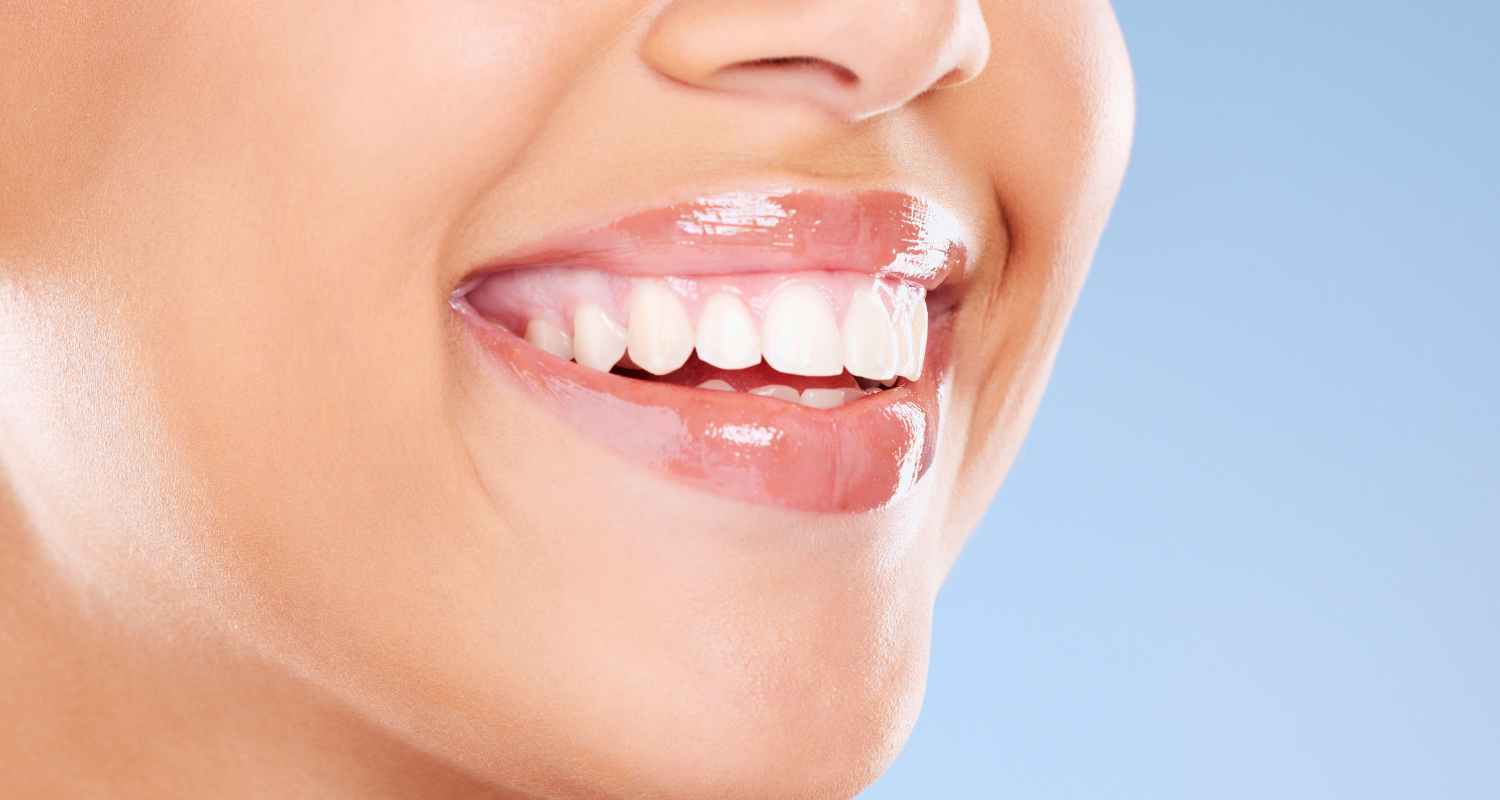Dental emergencies are stressful enough without the added burden of fear and anxiety. Fortunately, sedation dentistry offers a safe and effective way to manage dental anxiety and make emergency treatments more comfortable for patients in Saint John, NB. This guide explores the role of sedation in emergency dental procedures, outlining the types of sedation, benefits, and considerations for those seeking urgent care.
Why Sedation Dentistry for Emergencies?
Dental anxiety is a common problem, and it can be particularly heightened during emergencies. Fear of pain, discomfort, or the dental environment itself can prevent individuals from seeking timely care, potentially leading to worsening conditions and complications. Sedation dentistry helps:
- Reduce Anxiety and Fear: Sedation techniques create a relaxed and calm state, minimizing anxiety and fear associated with dental procedures.
- Enhance Comfort: Sedation helps patients feel more comfortable during treatments, especially lengthy or complex procedures that may require extended time in the dental chair.
- Manage Pain: Sedation can complement local anesthesia, helping to manage pain and discomfort during and after the procedure.
- Facilitate Treatment: For patients with strong gag reflexes or difficulty sitting still, sedation can make it easier for the dentist to perform the necessary treatment.
- Improve the Overall Experience: Sedation can transform a potentially stressful dental emergency into a more positive and manageable experience, encouraging patients to seek timely care in the future.
Types of Sedation Used in Emergency Dentistry
- Nitrous Oxide (Laughing Gas):
- Mild Sedation: Nitrous oxide is a safe and effective inhaled sedative that creates a relaxed and euphoric feeling.
- Quick Onset and Recovery: Its effects wear off quickly, allowing patients to drive themselves home after the procedure.
- Ideal for Mild Anxiety: Nitrous oxide is often suitable for patients with mild to moderate dental anxiety or those undergoing shorter procedures.
- Oral Conscious Sedation:
- Moderate Sedation: Oral sedatives, taken in pill form, create a deeper state of relaxation and drowsiness.
- Longer-Lasting Effects: The effects of oral sedation can last for several hours, so patients will need someone to drive them home after the appointment.
- Suitable for Moderate Anxiety: Oral conscious sedation is often appropriate for patients with moderate dental anxiety or those undergoing longer or more complex procedures.
- IV Sedation:
- Deep Sedation: Intravenous (IV) sedation delivers sedatives directly into the bloodstream, allowing for a deeper level of sedation and amnesia.
- Controlled Sedation: The dentist can adjust the level of sedation throughout the procedure to ensure patient comfort.
- Appropriate for Severe Anxiety or Complex Cases: IV sedation is often reserved for patients with severe dental anxiety, those undergoing extensive procedures, or those with special needs.
Choosing the Right Sedation for Your Emergency
The type of sedation used will depend on several factors:
- Severity of the Emergency: The complexity and invasiveness of the procedure.
- Level of Anxiety: The patient’s level of dental anxiety and comfort.
- Medical History: The patient’s overall health and medical history.
- Length of the Procedure: The estimated duration of the treatment.
Your emergency dentist in Saint John will discuss the available sedation options and recommend the most appropriate approach based on your individual needs and circumstances.
Benefits of Sedation in Emergency Dental Care
- Timely Treatment: Sedation can help patients overcome dental anxiety and seek timely care for emergencies, preventing further complications.
- Improved Comfort: It makes the dental experience more comfortable and manageable, reducing stress and fear.
- Better Cooperation: Sedation can help patients relax and cooperate during procedures, allowing the dentist to provide more efficient and effective care.
- Faster Healing: By reducing stress and anxiety, sedation may contribute to faster healing and recovery after the emergency procedure.
Considerations for Sedation Dentistry
- Medical History: Inform your dentist about your complete medical history, including any medications or allergies you have.
- Fasting: You may need to fast for a certain period before the procedure, especially if you’re undergoing IV sedation.
- Transportation: Arrange for someone to drive you home after the appointment if you’re receiving oral or IV sedation.
- Recovery Time: Allow for adequate recovery time after the procedure, especially with deeper levels of sedation.
Finding Emergency Dentists in Saint John Who Offer Sedation
- Ask Your Regular Dentist: If your dentist offers emergency appointments, inquire about their sedation options.
- Search Online: Use search engines to find “emergency dentist Saint John sedation” or “sedation dentistry Saint John emergency.”
- Check Online Directories: Consult online directories like Yelp or Google Maps to find dentists in Saint John who offer sedation dentistry and emergency services.
Don’t Let Fear Delay Your Care
Dental emergencies can be stressful, but sedation dentistry offers a valuable tool to manage anxiety and ensure a more comfortable experience. By understanding the types of sedation available and discussing your needs with an emergency dentist in Saint John, you can overcome dental fear and receive the timely care you need to protect your oral health.
If you have any questions or concerns, please contact us. Or if you’d like to visit our dental clinic, please find us on Google Maps.


